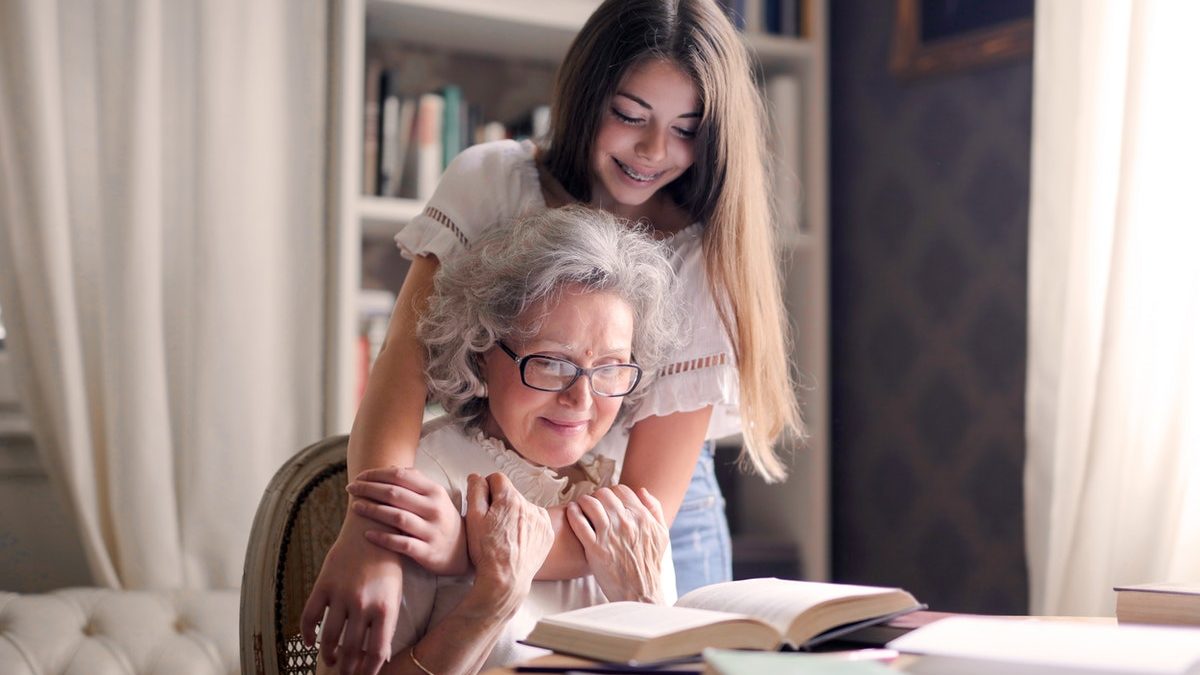Old age is the final phase of human life and more so a challenging period for the baby boomers. Typically, the elderly need a lot of adjustment in every aspect. Since this is a very critical period, the elderly must receive physical, emotional, and mental care, among other forms of assistance.
During a humanitarian crisis such as the ongoing COVID-19 pandemic, survival for older adults can become a severe challenge. This is because such life-threatening situations interfere with the daily schedules, thus making it difficult for the elderly to get the care that they need. All the same, it is still possible to ensure that the vulnerable age group has access to all their necessities in crises.
Table of Contents
Physical Care
The majority of older adults have brittle bones and other physical challenges. Therefore, most of them need assistance when it comes to activities that involve mobility. Such events may include feeding, dressing, bathing, personal hygiene, physical exercise, and so forth. In times of crisis, it can prove challenging to help the vulnerable population, especially when the individuals are living away from home. Assuming that an elderly has a physical disability, a loved one or professional caregiver has to commit time to ensure the individual he or she is comfortable.
This means helping the individual feed, bath, get out of bed, and other mobile activities. Suppose the elderly can be self-independent; it may be time to use technology to assist them in improving their health. This includes handing them devices that you can use to demonstrate how to do regular physical exercises. For instance, you can install the required physical exercise programs in their phones, tablets, or computers and guide the individuals regarding operating the gadget.
Movement
Though seniors can move around independently, their movement may be limited. In such cases, it is essential to provide devices that can ease their mobility. For example, medical scooters are some of the most convenient equipment to assist the vulnerable populations to get around with ease. Besides, a medical scooter does not require any special skills to operate.
Moreover, they are better than wheelchairs as they do not need any physical effort. The controls are automated, and the operating instructions are simple. In conjunction with that, it encompasses rear-view mirrors that make movement safer. Thus, it is time to care for the physical well-being of your loved one by purchasing a reliable medical scooter.
Mental Health
Depression, anxiety disorders, dementia, and severe cognitive impairment are widespread complications among the elderly. During crises, visits to physicians may be limited. This means you will have to employ strategies that will assist the elderly manage their symptoms at home. That said, it is crucial to establish a collaborative care model. The collaborative care model involves working together with a specialist to take care of your loved one.
Through this, you will understand the basics of several therapeutic procedures you can perform at home to assist the elderly cope with particular symptoms. Also, staying connected with the individual’s specialist will guide you concerning proper medication and nutrition for enhancing the mental health of the senior.
Emotional Care
It is undeniable that the emotional health of older adults can be fragile. During crises, it may be difficult for older adults to understand why visit routines are changing. Therefore, it is crucial to explain to them the ongoing circumstances and find various ways to support their emotional health.
One way to do this is to have them stay connected to their friends and families. You can do this by initiating regular phone calls and video chats with family and friends. Sending mails, greeting cards, and photos is also an excellent way of enhancing good moods. In brief, ensure that the seniors are staying connected to their most valued social circle. This will reduce the chances of loneliness and lessen cases of depression, stress, and anxiety, etc.

